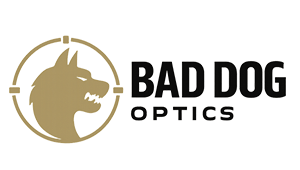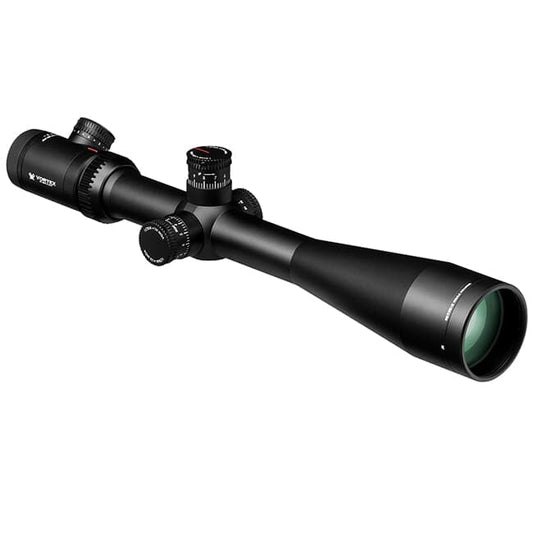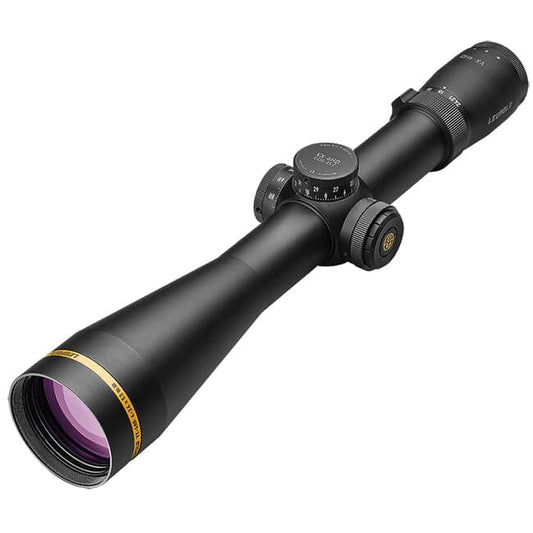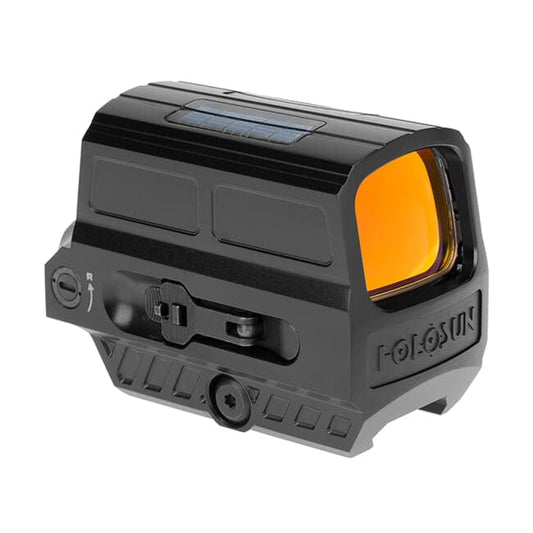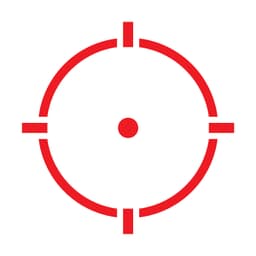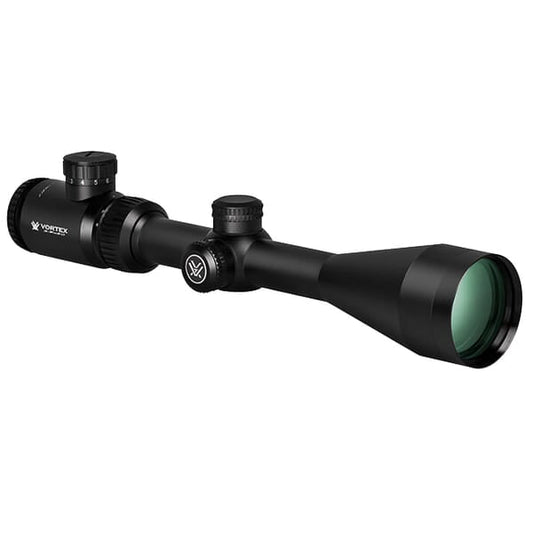

Vortex Crossfire II 3-9x50 MOA CF2-31027 Riflescope is a high-performance, economical optic designed for hunters and shooters seeking reliability and clarity. This versatile scope features a 3-9x magnification range and a generous 50mm objective lens, providing excellent light transmission and a wide field of view. The fully multi-coated lenses ensure bright, clear images even in low-light conditions.
The Vortex Crossfire II 3-9x50 MOA CF2-31027 Riflescope boasts a durable construction with a single-piece aircraft-grade aluminum tube. It's nitrogen purged and O-ring sealed, making it waterproof, fogproof, and shockproof. The V-Brite illuminated reticle in the second focal plane offers precise aiming points and is particularly useful in low-light situations.
The Vortex Crossfire II 3-9x50 MOA CF2-31027 Riflescope features capped turrets with 1/4 MOA click adjustments for easy zeroing and field adjustments. With a generous 3.8 inches of eye relief and a fast-focus eyepiece, this scope ensures comfortable viewing and quick target acquisition.
Ideal For: Hunters and shooters looking for a reliable, versatile scope for medium to long-range shooting in various light conditions. It's particularly well-suited for big game hunting, varmint control, and general target shooting.
Features:
- SUPERIOR OPTICAL CLARITY: Fully multi-coated lenses provide bright, clear images with excellent light transmission, enhancing target visibility in various lighting conditions.
- DURABLE CONSTRUCTION: Single-piece aircraft-grade aluminum tube ensures strength and shockproof performance, withstanding recoil and impact for long-lasting reliability.
- ALL-WEATHER PERFORMANCE: Nitrogen purged and O-ring sealed for waterproof and fogproof operation, allowing use in challenging environmental conditions without compromising performance.
- PRECISION AIMING: V-Brite illuminated reticle in the second focal plane offers accurate holdover points and improved visibility in low-light situations, enhancing shooting accuracy.
- EASY ADJUSTMENTS: Capped turrets with 1/4 MOA click values allow for precise windage and elevation adjustments, simplifying zeroing and on-the-fly corrections.
- COMFORTABLE VIEWING: Generous 3.8-inch eye relief and fast-focus eyepiece ensure quick target acquisition and reduce eye strain during extended use.
- VERSATILE MAGNIFICATION: 3-9x zoom range provides flexibility for various shooting distances, from close-range to medium-long range engagements.
- LIFETIME WARRANTY: Backed by Vortex's VIP Warranty, ensuring worry-free use and long-term value for your investment.
Specifications Table:
| Specification | Value |
|---|---|
| Magnification | 3-9x |
| Objective Lens Diameter | 50mm |
| Tube Size | 1 inch |
| Reticle | V-Brite (Illuminated) |
| Focal Plane | Second Focal Plane |
| Eye Relief | 3.8 inches |
| Field of View | 32-12.9 ft/100 yds |
| Turret Style | Capped |
| Adjustment Graduation | 1/4 MOA |
| Max Elevation Adjustment | 60 MOA |
| Max Windage Adjustment | 60 MOA |
| Parallax Setting | 100 yards (fixed) |
| Length | 12.7 inches |
| Weight | 18.4 oz |
You May Also Like
Here’s some of our most similar products people are buying. Click to discover trending style.
